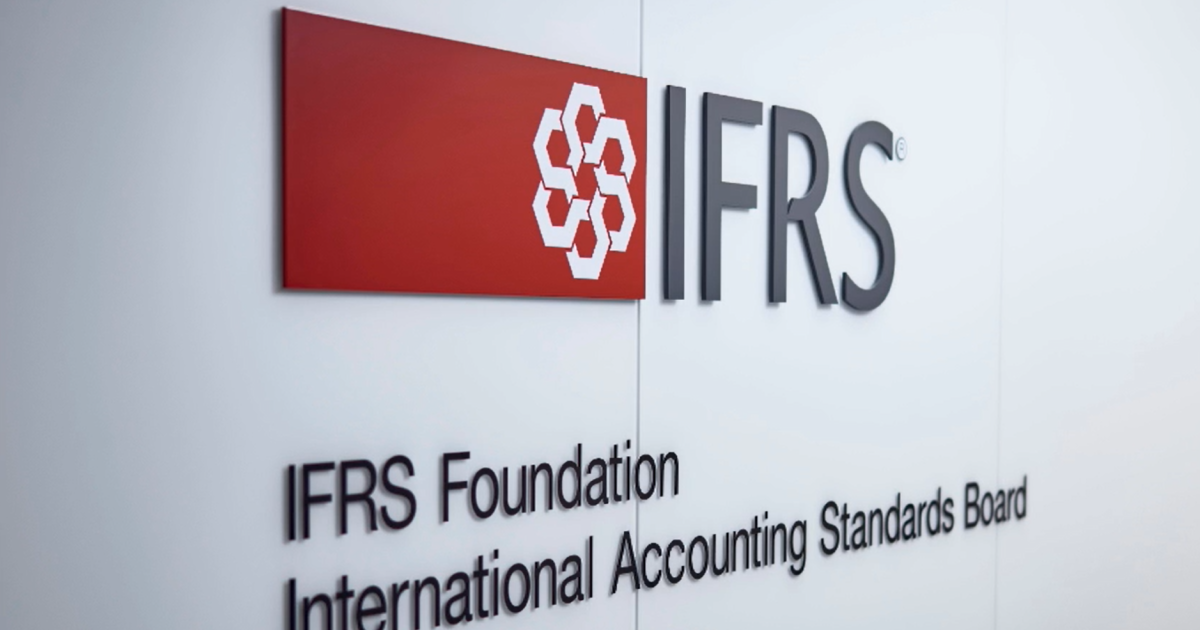Host of problems; comp it; plan to fail; and other highlights of recent tax cases.
Portland, Maine: Colleen Holt-Thompson, of Kentucky, has been sentenced to three years of probation and ordered to pay $172,158.79 in restitution for conspiracy to commit visa fraud and for tax evasion.
Holt-Thompson founded Host Ukraine in 2015 in Newport, Kentucky, and served as the nonprofit’s executive director. The organization brought children living in orphanages in Ukraine to stay with American families for short periods over the summer or winter holidays. Host Ukraine was required to have the permission of the Ministry of Social Policy in Ukraine to transport each child, and the name and address of a hosting family was required before permission would be granted. Once permission was granted, the U.S. embassy in Kyiv, Ukraine, would issue a non-immigrant visa to the child. Between 2015 and 2019, Thompson applied for and received ministry hosting permission for 828 U.S. non-immigrant visas for Ukrainian children.
To obtain the visas, Holt-Thompson provided placeholder names — names and addresses of American families who had not actually agreed to serve as hosts — when she submitted names of Ukrainian children to the Ministry. Before the children traveled to the U.S., she would find actual host families for each child. During the period of the conspiracy, a conspirator who lived in Maine and was the Northeast contact for Host Ukraine was responsible for identifying placeholder families in Maine and recruiting families to serve as host families for the Ukrainian children who traveled to the U.S. on fraudulently obtained visas. Host families were charged a $3,000 fee to host a child; Host Ukraine collected donations.
In 2016, Holt-Thompson spent some $127,610 in personal expenses and paid for those expenses from Host Ukraine’s checking account or paid personal credit card bills using that checking account.
Money spent on personal expenses was not reported as income on the return that Holt-Thompson and her husband filed; she reported her taxable income for that year as only $47,226. She also failed to file a return for Host Ukraine.
Buffalo, New York: Workers’ comp claim handler Maureen Holleran has pleaded guilty to filing a false return.
Between September 2015 and October 2023, Holleran worked remotely as a workers’ comp handler for an insurance company in Canada. She evaluated and paid workers’ comp claims for policies issued by the company. Holleran had authority to send payments to a claimant of up to $2,000 without further approval by her supervisor. Between July 2020 and June 2023, Holleran submitted more than 1,200 fraudulent claims in the insurance company’s processing system, each claim below the $2,000 threshold. Claims were paid into bank accounts controlled by Holleran. She created fictitious expenses, such as claims for lost wages and reimbursements for medical supplies and copays, to justify the fraudulent payments.
She submitted some $2.37 million in fraudulent claims, creating fictitious email accounts that appeared to be associated with the policy claimant, then used these email addresses to sign up for the insurance company’s client portal. She then input her own banking information into the portal.
For 2020 through 2022, Holleran embezzled some $1,592,095 from the company that she failed to report on her income tax returns for those years. The IRS estimates that the tax for these tax years is $545,792.
Sentencing is Nov. 4. The charge carries a maximum of three years in prison and a fine of $250,000.
Jackson, Mississippi: A U.S. District Court has entered permanent injunctions against Thomas Walt Dallas, Jason Todd Mardis and Capital Preservation Services to bar them from making statements about tax benefits for compensation, among other relief. The defendants consented to the injunctions.
According to the complaint, Dallas, Mardis and Capital Preservation Services marketed a tax scheme at numerous professional conferences and media appearances, targeting medical professionals and small-business owners. They allegedly falsely claimed that customers following “Tax Plans” could claim multiple deductions to which they were in fact not entitled. This included claims that customers’ businesses could deduct large, unnecessary “marketing fees” to marketing companies; that those companies could employ family members and deduct family meals, vehicle expenses and tuition, among other items; and that customers could “rent” homes to businesses short-term at exorbitant rates and avoid taxes on the rental income.
The alleged harm from the scheme could be as much as $130 million in tax revenue since 2014.
Lewisville, Texas: Bookkeeper Barbara Chalmers has been sentenced to 10 years in prison, to be followed by three years of supervised release, for a scheme to embezzle at least $29 million from her employer, a charitable foundation and other companies run by a Dallas family.
She admitted that starting in at least 2012 she used her position as bookkeeper for the family’s companies and her signatory authority over bank accounts to write herself at least 175 checks that she deposited into her personal accounts. She also provided false paperwork to tax preparers that misstated year-end cash-on-hand for the accounts from which she was embezzling.
Chalmers used more than $25 million of the stolen money to fund a construction business; she used $6 million to pay off credit card debt.
She was also ordered to pay $44,809,438 in restitution to her victims.
Rochester, New York: Business owner Jeffrey Tome, 62, has pleaded guilty to filing a false return.
Tome owns Tome Enterprises Inc., which provides gutter repair and installation services. For 2017 through 2021, he failed to deposit 1,679 customer checks totaling $1,719,283.45 into the business bank account, instead cashing the checks at a local check-cashing business.
Tome then intentionally failed to advise the business’ tax preparer of the money received from cashing the business checks, resulting in the $1,719,283.45 not being reported on the corporate income tax returns.
He failed to include the net profits from the corporation as income on his personal federal income tax returns, resulting in his failing to pay personal income taxes of $330,137. He also paid his employees $407,573.60 in cash, which represented wages for which payroll taxes should have been paid. The payroll taxes that Tome failed to pay totaled $62,358.76.
Sentencing is Dec. 11. Tome faces up to three years in prison and a fine of $250,000.
New York: Business owner Nicholas Arcuri, of Staten Island, has pleaded guilty to failing to collect and pay over employment taxes from his company’s employees.
Between 2015 and 2021, Arcuri, owner and president of Capri Upholstery Custom Furnishing, paid some $2.6 million in off-the-books cash to employees, from which he did not withhold Social Security, Medicare or income taxes or pay over those taxes to the IRS. Arcuri also concealed the cash payroll from his return preparer.
In total, Arcuri caused a tax loss to the IRS of $486,753.
Sentencing is Jan. 23. He faces up to five years in prison as well as a period of supervised release, restitution and monetary penalties.
Sunrise, Florida: Resident Yolanda Dewar has pleaded guilty to filing false federal returns to fraudulently obtain refunds.
Between 2018 and 2020, she created a trust and filed four false returns on behalf of the trust for nearly $2 million in refunds. Dewar continued filing such returns even after the IRS notified her that her claims were frivolous and had no basis in law. Nevertheless, the IRS issued nearly $500,000 to the trust in response to Dewar’s false claims.
Dewar allegedly used a portion of those refunds to purchase a car for a family member, get plastic surgery and renovate her home.
Sentencing is Oct. 24. She faces up to three years in prison, a period of supervised release, restitution and monetary penalties.


 Economics7 days ago
Economics7 days ago
 Economics7 days ago
Economics7 days ago
 Economics5 days ago
Economics5 days ago
 Finance7 days ago
Finance7 days ago
 Economics7 days ago
Economics7 days ago
 Blog Post5 days ago
Blog Post5 days ago
 Personal Finance5 days ago
Personal Finance5 days ago
 Finance5 days ago
Finance5 days ago












